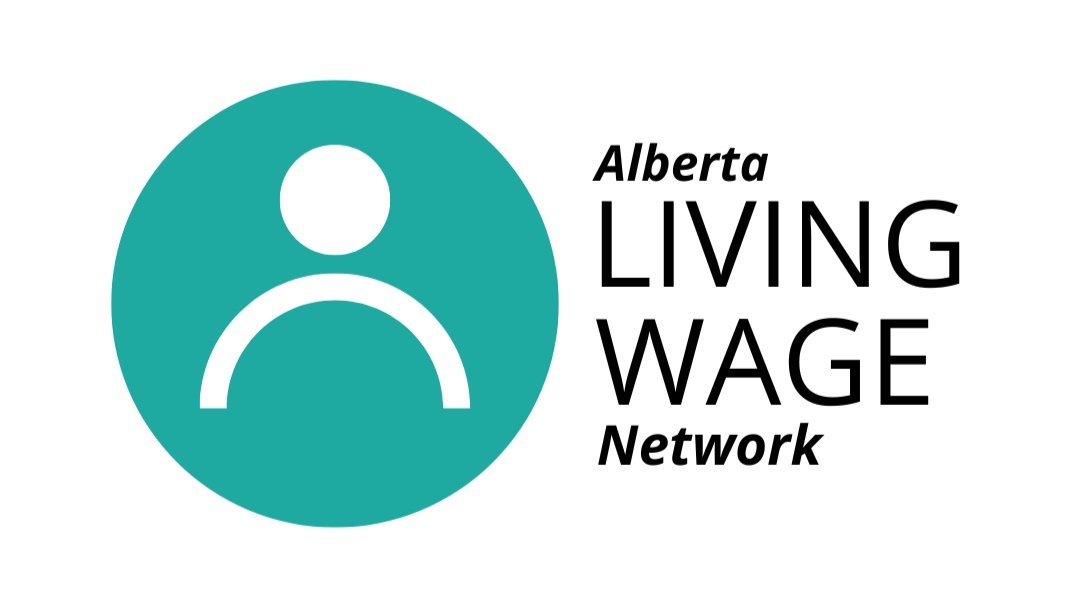“You’ll learn with age”: How money impacts creative careers
In grade twelve I was required to present a binder full of my accomplishments, resume, and career goals to a panel of adults in my community. I was prepared. I waxed poetic about volunteering with my mother’s students. “Afterwards a child hugged me and said I was his favourite. It was so cute!” It was cute, but I was careful to exclude the headache I had by the end of that day. By 18 I was a professional bullshitter and soon to be a professional actor. I was fully prepared for praise.
Instead, the panelists became fixated on one tiny detail: what I wanted to do with the rest of my life.
When I expressed my desire to go to school for theatre they immediately asked if I had ever considered becoming a teacher. My mom is a teacher. I saw all the marking she did every day. There was no way. Plus, I hated the experience of trying to wrangle poorly behaved-children.
‘But you looked so happy when you talked about volunteering with your mother’s students!” said one of my well meaning panellists. I was acting. “I would rather wait tables my entire life and pursue acting than ever become a teacher”. In my written feedback, they said I would “learn with age.”
I have learned. I have aged. There are lots of opportunities to be a “teaching artist” that I have avoided at all costs. But at 26, eight years later, I’m at a crossroads. Do I stay in my flexible arts non-profit job that affords me the flexibility to pursue theatre? Or do I transition to a position where I’d make a living wage but might not be able to get the time off to do a theatre contract? Or do I keep putting off the decision as it gets harder to pay off my credit card each month?
A part of me never wants to abandon that indignant kid who knew exactly what she wanted. She got it. I’ve been paid to act. I’ve been paid to produce and create theatre and film.
There is a common saying “if you can do anything else you should”. Other interests or skills are both a distraction and an opportunity for better jobs. But I struggle to abandon theatre.
So for now, when I write a grant I put a living wage in my budget. I don’t apply for shows where the company invests more into sets than their people. I read my friend’s grants and have coffee with people who want to write their first grant. I pay myself full rates when I write grants so I can hire other people if I need to. I never pay out of pocket for professional development. I start Instagram pages about artist finances. I see people making millions and I dream a little bigger. I keep all my receipts for business expenses. And yeah, I apply for jobs that aren’t in the arts. On world theatre day I acknowledge that even getting to this point in my career has been a privilege. This career is much harder if you start with debt, have a disability, look or sound different, and simply aren’t white.
But what does this look like for organizations, producers, and our government? First off, charities and non-profits should be required to pay the living wage of the city where they are located. What is the point of a charity that keeps its workers in poverty? If you write grants, union minimums are just that, minimums. Budget for more. For funders and their juries, ensure that you require professional/living rates as a requirement for funding. Earmark funding for accessible tickets. Budgets reflect our values, and people – onstage and in the seats – should be the last place to cut costs.
Author Bio:
Maggie Mackenzie is an actor, producer, and playwright based in Calgary, Alberta. She is interested in the ways art builds community and connection. Since graduating from Rosebud School of the Arts Maggie has worked with Theatre Calgary, The Green Fools, Theatre BSMT, Birnton Theatricals, The Honest Collective and Handsome Alice! Recent projects have included a workshop of a solo clown show about ulcerative colitis and a web series about Gluten Free restaurants in Calgary for Telus Optik. Maggie is also behind the Instagram account @artist.money where she explores the unique challenges artists face in managing their personal, business, and project finances. To connect further with Maggie’s work follow her there!
